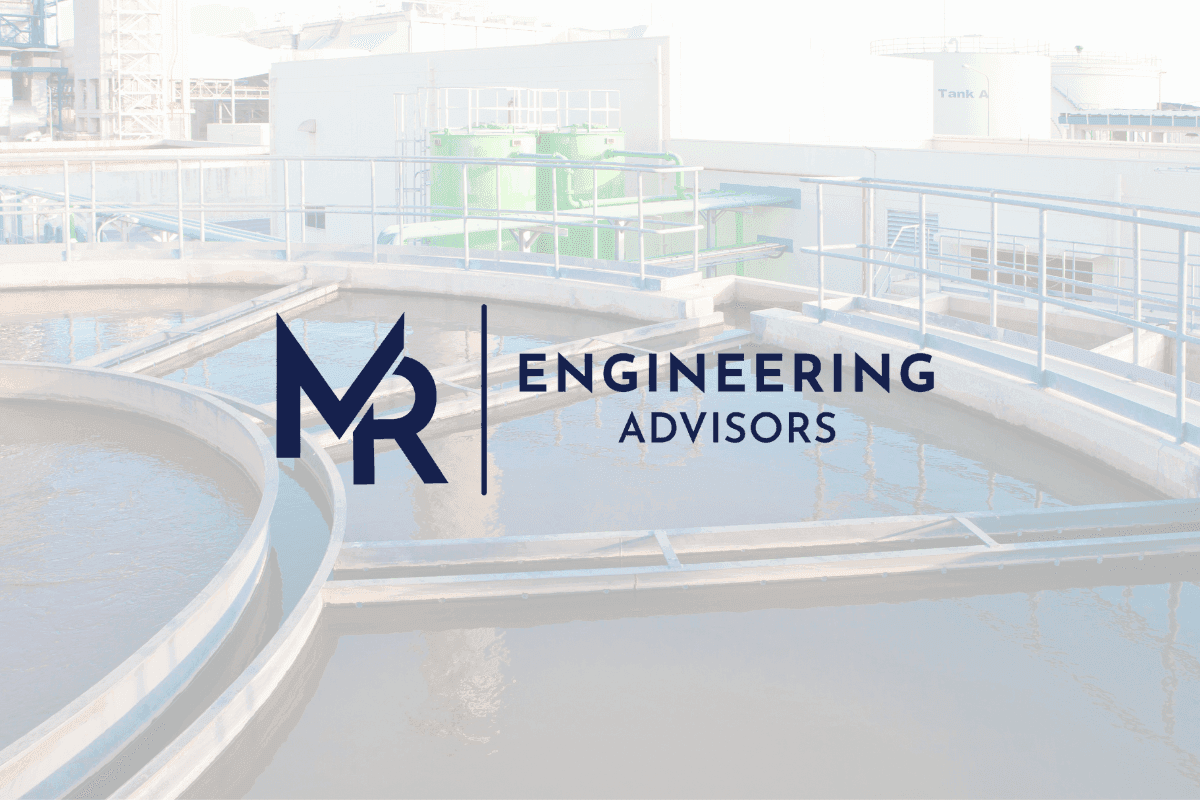Sustainable Development in Panama: The Role of Water and Energy Management
Sustainable development is an increasingly relevant topic worldwide, and Panama is no exception. With population growth, urban expansion, and the impact of climate change, efficient water management and the use of clean energy have become fundamental pillars to ensure a more sustainable future. In this article, we will explore how proper water management and the implementation of renewable energy can transform Panama into a more environmentally responsible country, prepared for future challenges.
Sustainable Development and Its Importance in Panama
Sustainable development seeks to balance economic growth with environmental preservation and social well-being. Panama, with its privileged geographical position and growing economy, faces unique challenges and opportunities in this area. One of the main challenges is ensuring access to drinking water and improving wastewater treatment while promoting the use of renewable energy to reduce dependence on fossil fuels.
Water Management: A Vital Resource for Sustainability
Water is a fundamental resource for life and the development of societies. In Panama, access to drinking water is a right, but its distribution and treatment still present challenges. Some of the most common problems in water management include:
Distribution losses: Many Panamanian cities face leakage issues in water distribution networks, leading to waste and high maintenance costs.
Water source contamination: Pollution of rivers and lakes due to industrial and urban activities threatens drinking water quality and affects biodiversity.
Deficiencies in wastewater treatment: Proper sanitation is essential to prevent diseases and protect ecosystems. Although Panama has made progress in this area, there are still zones lacking adequate treatment systems.
To improve water management in Panama, it is essential to invest in advanced technologies that optimize resource use, reduce waste, and enhance wastewater treatment. Specialized companies in water solutions can offer innovative alternatives to facilitate this process.
Clean Energy: A Path Toward Sustainability
The transition to renewable energy sources is key to reducing the carbon footprint and improving sustainability in Panama. Currently, the country has an energy mix that includes hydro, wind, and solar power, but it still relies heavily on fossil fuels. Implementing clean energy not only helps reduce environmental impact but also provides economic and social benefits, such as:
Lower pollution: Renewable sources like solar and wind reduce greenhouse gas emissions.
Energy cost savings: Investing in clean energy reduces dependence on fossil fuel imports and, in the long run, generates significant savings on energy bills.
Creation of green jobs: The renewable energy sector creates job opportunities in areas such as installation, maintenance, and technological development.
Biodigesters and biogas generation from organic waste represent another sustainable alternative. These systems allow for the transformation of waste into usable energy, promoting a circular economy approach.
The Role of Businesses in Sustainability
Businesses play a crucial role in adopting sustainable practices. From implementing water efficiency technologies to using renewable energy in operations, every action contributes to building a greener future. In this sense, companies specializing in water management and renewable energy can provide consulting services and tailored solutions to meet industry needs.
Sustainable development is not an option; it is a necessity. Proper water management and the use of clean energy are essential to ensuring a future where economic growth and environmental respect go hand in hand.
If your company is looking to implement innovative solutions in water management and renewable energy, our team is ready to help. Contact us today and discover how we can work together to build a more sustainable Panama.





